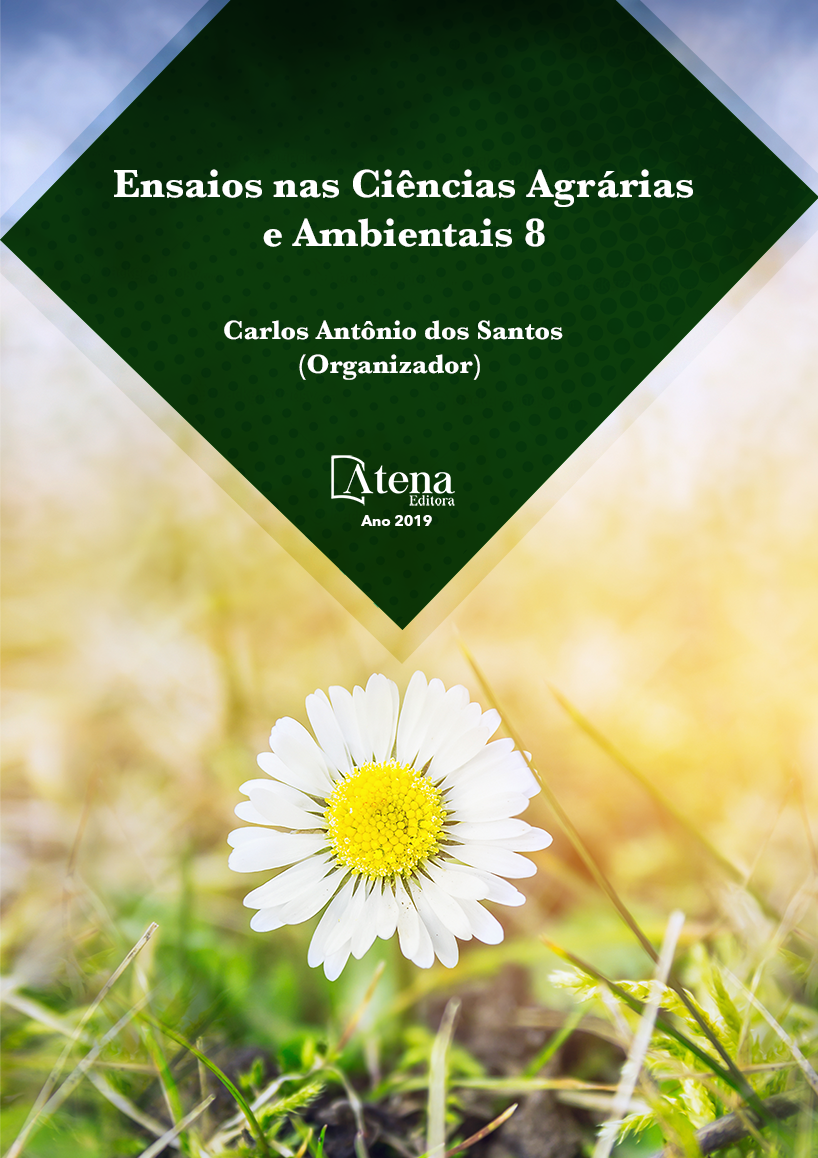
PROJETO AS CORES DO SOLO: UMA PROPOSTA PARA A FORMAÇÃO DA JUVENTUDE RURAL PARAIBANA ATRAVÉS DA PEDAGOGIA DA ALTERNÂNCIA
O objetivo deste trabalho consiste
em relatar a experiência desenvolvida durante
um processo de formação realizado com a
juventude paraibana, a partir da pedagogia
da alternância, utilizando metodologias
participativas e contextualizadas com o meio
rural referente ao curso “As cores do Solo”. O
trabalho da alternância fez parte da proposta
metodológica (PROMET) do projeto “As cores
do Solo”, financiado pelo CNPq, denominado
“Implantação do Núcleo de Agroecologia,
Capacitação em Análise e Manejo de Solos e
Produção orgânica de Alimentos no Município
de Bananeiras-PB”. O projeto teve a duração
de dois anos, 2016 e 2017, sendo o primeiro
ano de planejamento e formação da equipe,
e o segundo de execução. Essa experiência
educativa articulou diferentes espaços e tempos
educativos, teoria e prática, ensino e pesquisa,
trabalho e educação, escola e comunidade.
Pode-se perceber que a alternância foi um
processo de formação que não houve apenas
aulas em salas e troca de conhecimento prático/
teórico, mas sim uma forma de educação
horizontalizada onde os educadores tiveram a
oportunidade de conhecer cada jovem e suas
realidades tornando um processo ainda mais
contextualizado com a realidade dos mesmos.
A partir das experiências vividas e com base
na observação e transparência nos processos
de troca de conhecimento entre educadores
e educandos, foi possível perceber o quanto
diálogos e atitudes, como os representados por
esses jovens, podem contribuir com a ruptura de
paradigmas de uma educação contextualizada
para o meio rural e a influência da pedagogia da
alternância nesses processos formativos.
PROJETO AS CORES DO SOLO: UMA PROPOSTA PARA A FORMAÇÃO DA JUVENTUDE RURAL PARAIBANA ATRAVÉS DA PEDAGOGIA DA ALTERNÂNCIA
-
DOI: 10.22533/at.ed.5101927022
-
Palavras-chave: Comunidade. Educação. Extensão. Agroecologia.
-
Keywords: Community. Education. Extension. Agroecology.
-
Abstract:
The objective of this work is to
describe the experience developed during a
training process carried out with the youth of
Paraiba, using the methodology of alternation,
using participatory methodologies and contextualized with the rural environment
referring to the course “The colors of the soil”. The work of the alternation was part of
the methodological proposal (METPRO) of the project “The colors of the soil”, financed
by the CNPq, denominated “Implantation of the Nucleus of Agroecology Training in
Analysis and Management of Soils and Organic Food Production in the Municipality
of Bananeiras - PB”. The project lasted two years, 2016 and 2017, being the first year
of planning and training of the team, and the second one execution. This educational
experience articulated different educational spaces and times, theory and practice,
teaching and research, work and education, school and community. It can be seen
that the alternation was a formation process that not only had classes in rooms and
exchange of practical/theoretical knowledge, but rather a form horizontal education
where educators had the opportunity to know each young person and their realities
making a process even more contextualized with the reality of them. Based on
experiences and based on observation and transparency in the processes of knowledge
exchange between educators and learners, it was possible to perceive how dialogues
and attitudes, such as those represented by the seal young people, can contribute
to the rupture of paradigms of a contextualized education to the rural milieu and the
influence of the pedagogy of alternation in these formative processes.
-
Número de páginas: 15
- Amanda Dias Costa
- Katarine da Silva Santana
- Albertina Maria Ribeiro Brito de Araujo
- Alexandre Eduardo de Araujo
- Wedson Aleff Oliveira da Silva


